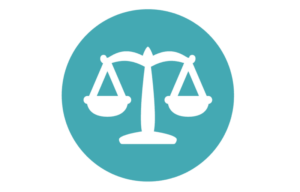Facebook is facing another potentially massive BIPA lawsuit. The news comes mere weeks after the social media giant offered a $650 million settlement in a class action lawsuit for failing to obtain proper consent before collecting and using the biometric information of its users.

The new class action suit concerns Instagram (which is owned by Facebook) rather than Facebook itself. It alleges that the photo sharing platform engaged in similarly deceptive practices to gather facial recognition data, both from those who signed up for the platform, and from non-Instagram users who appeared in photos uploaded to the site. Instagram did not start informing users about its use of biometric data until the beginning of this year, while those who have not signed up for the platform have never had the opportunity to provide their consent.
“Once Facebook captures its Instagram users’ protected biometrics, it uses them to bolster its facial recognition abilities across all of its products, including the Facebook application, and shares this information among various entities,” reads the complaint. “Facebook does all of this without providing any of the notices or disclosures required by Illinois law.”
The new lawsuit was filed with the Superior Court of California in Redwood City. However, plaintiff Kelley Whalen is an Illinois resident, and is alleging that the company’s actions violate that state’s Biometric Information Privacy Act (BIPA). The original Facebook lawsuit was filed in Illinois, but was allowed to continue after it was transferred to Northern California.
For its part, Facebook flatly denied the allegations, and claimed that Instagram does not use facial recognition in the same manner as the parent company.
“This suit is baseless,” said Spokesperson Stephanie Otway. “Instagram doesn’t use face recognition technology.”
Whalen v. Facebook seeks damages for as many as 100 million users, each of whom could be entitled to anywhere from $1,000 to $5,000 under the terms of the Illinois law. Those numbers would point to a settlement in the area of about $500 million.
Sources: National Post, Business Insider
–
August 17, 2020 – by Eric Weiss





Follow Us